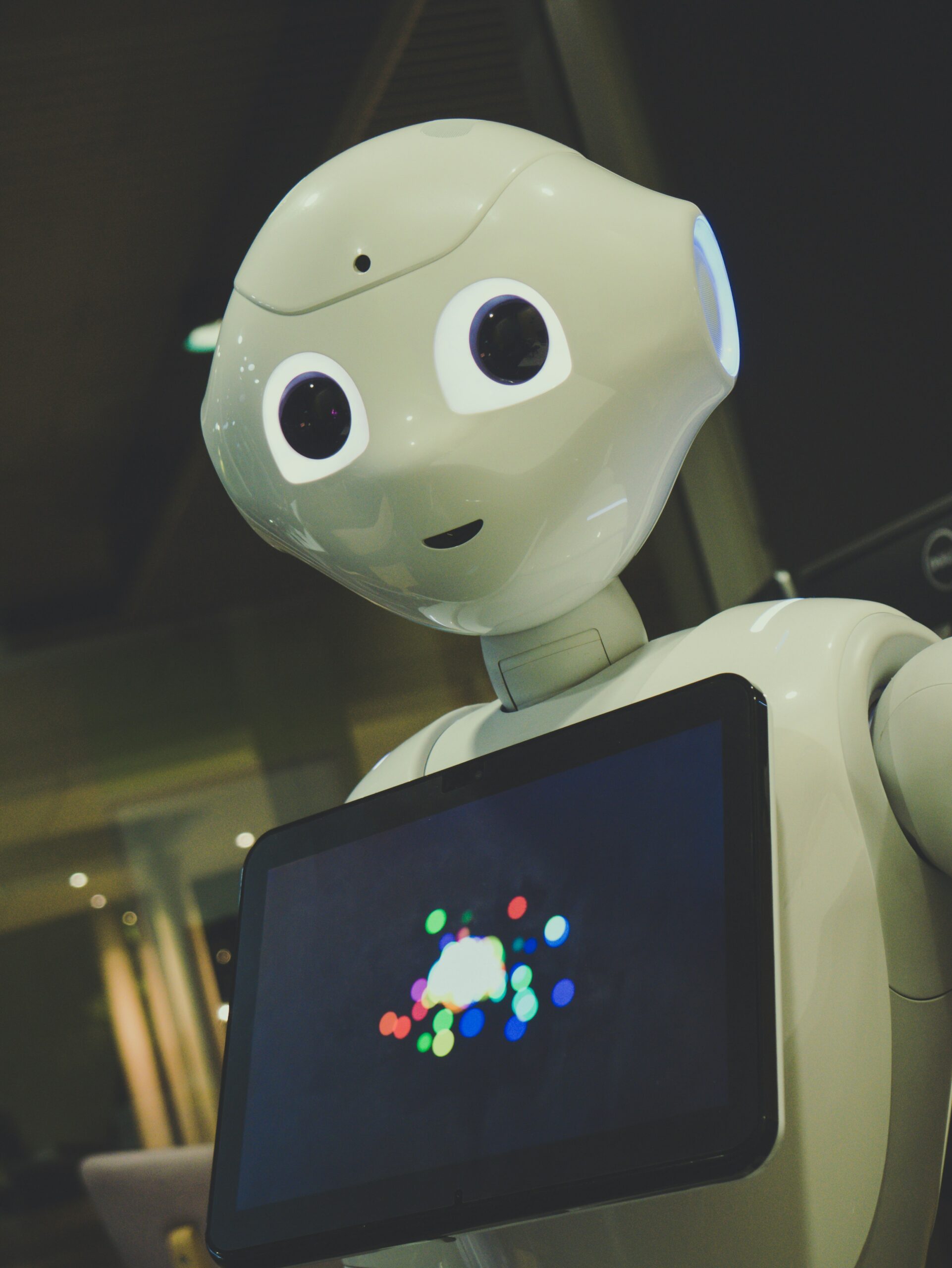Introduction
Artificial Intelligence (AI) has made significant advancements in recent years, revolutionizing various industries. From self-driving cars to virtual assistants, AI has proven its potential to automate tasks and improve efficiency. However, when it comes to the field of medicine, the question arises: will AI replace doctors?
The Role of AI in Medicine
AI has already made its mark in the healthcare industry, aiding doctors in diagnosing diseases, analyzing medical images, and suggesting treatment plans. Machine learning algorithms can process vast amounts of data, identifying patterns and making accurate predictions. This technology has the potential to enhance medical decision-making and improve patient outcomes.
The Benefits of AI in Healthcare
There are several benefits to integrating AI into healthcare:
- Efficiency: AI can analyze medical records and patient data much faster than a human doctor, saving time and allowing for quicker diagnoses.
- Accuracy: AI algorithms can detect subtle patterns and anomalies that may be missed by human doctors, leading to more accurate diagnoses.
- Personalized Medicine: AI can analyze a patient’s genetic information and medical history to tailor treatment plans specifically to their needs.
- Remote Healthcare: AI-powered telemedicine systems can provide medical advice and monitor patients remotely, especially in underserved areas.
The Limitations of AI in Medicine
While AI has tremendous potential, there are limitations that prevent it from completely replacing doctors:
- Human Connection: Medicine is not just about diagnosing and treating diseases; it is also about building trust and providing emotional support. AI lacks the ability to empathize and connect with patients on a human level.
- Complex Cases: Some medical cases require complex decision-making and a deep understanding of the patient’s unique circumstances. AI may struggle to handle these cases effectively.
- Ethical Considerations: AI algorithms are only as good as the data they are trained on. Biases in the data can lead to biased recommendations and decisions, raising ethical concerns.
- Legal and Regulatory Challenges: Implementing AI in healthcare requires overcoming legal and regulatory hurdles to ensure patient safety and privacy.
The Future of AI and Doctors
Instead of replacing doctors, AI is more likely to augment their capabilities and improve healthcare outcomes. Doctors can leverage AI as a tool to enhance their decision-making, access relevant information quickly, and focus more on patient care.
With AI’s assistance, doctors can spend less time on administrative tasks and more time on direct patient interaction. This shift can lead to a more patient-centered approach, where doctors have the necessary information at their fingertips to provide personalized care.
Furthermore, AI can help bridge the gap in healthcare accessibility by providing remote medical assistance to underserved populations. Telemedicine powered by AI can connect patients with healthcare professionals regardless of their geographical location.
Conclusion
While AI has the potential to revolutionize healthcare, it is unlikely to replace doctors entirely. Instead, AI will serve as a valuable tool for doctors, enhancing their capabilities and improving patient outcomes. The future of medicine lies in the collaboration between doctors and AI, where technology complements human expertise to provide the best possible care.

